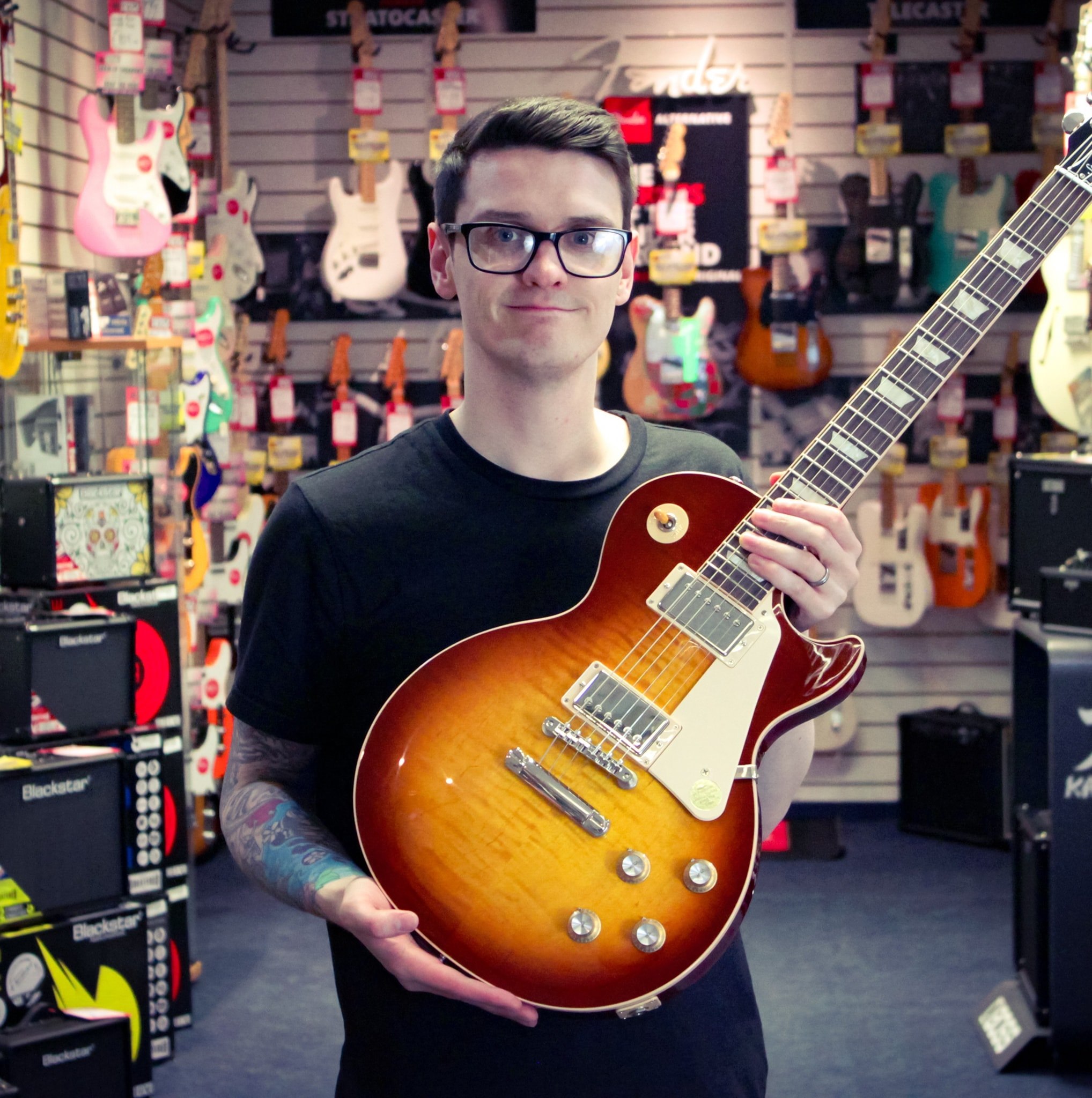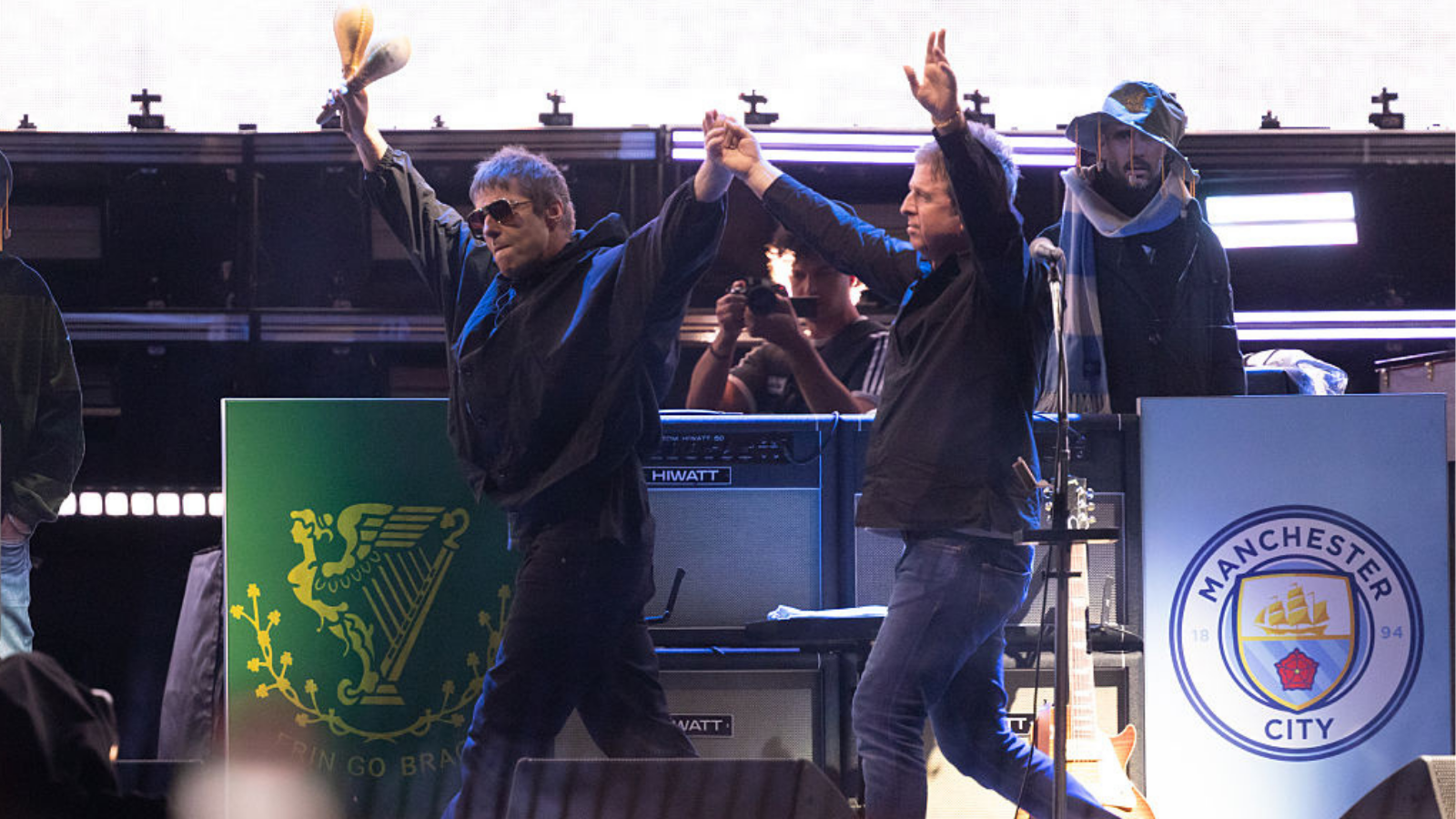Loudness explained: Volume and decibel levels defined for live music fans
Confused about the terminology surrounding live sound? Here’s everything you need to know about decibels and loudness from a qualified audio engineer
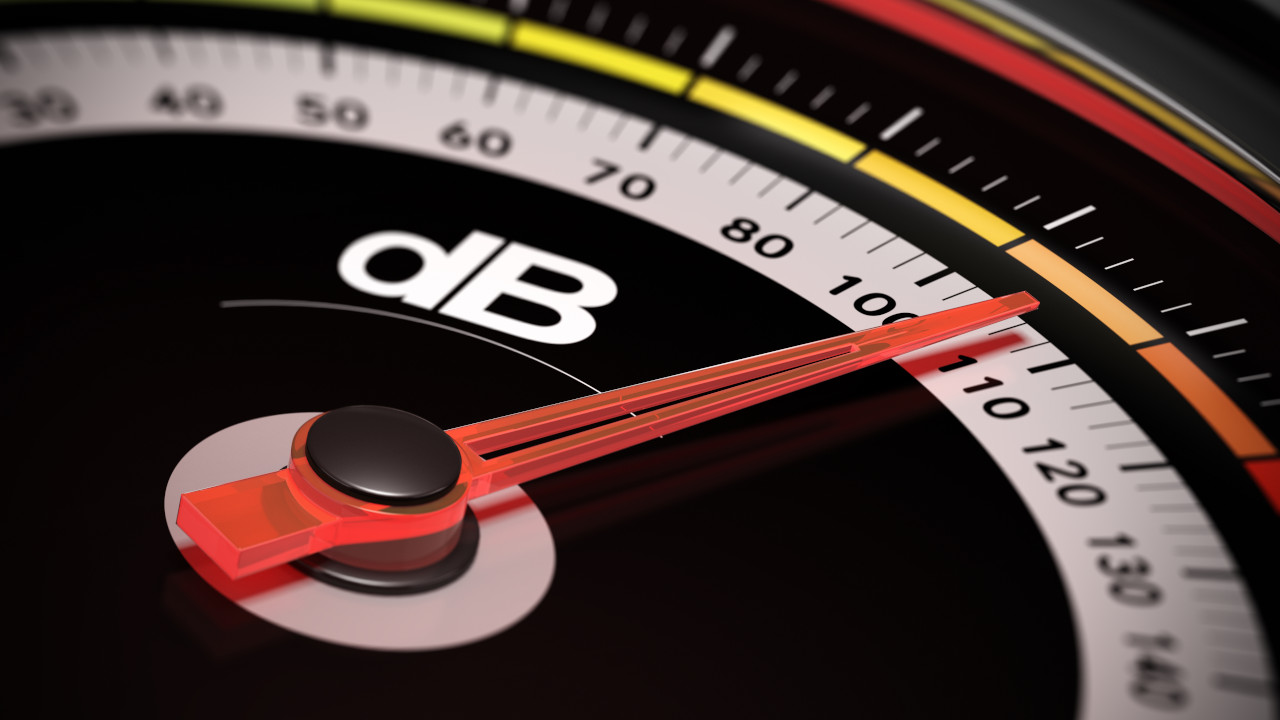
Ask a music fan about their favourite concert and chances are they’ll wax lyrical about the band’s performance, the atmosphere of the crowd and the near-perfect setlist. However, ask them about the sound quality and the loudness of the concert, and they’ll likely struggle to find the right words to describe it. This is understandable, as sound can be a complex topic to discuss.
While I don't expect everyone to become experts in psychoacoustics or complex physics, understanding sound terminology can truly empower you. It can help you make informed decisions about your live music experiences and even protect your ears. So, investing some time to learn the fundamentals is definitely worthwhile.
My journey in the world of live music started early, with my first punk band at 12 with my brother and my first job at 17, running sound at a local venue. As I grew older, my passion for music only deepened, leading me to a Bachelor's degree in Creative Sound Production and working in various venues in Scotland.
I've had the privilege of operating sound for a diverse range of shows, from bands such as Don Broco to comedians like Alan Carr, and even opera, dance shows and the odd pantomime here and there. Nowadays, I share my knowledge and experiences through writing for Louder’s sister site MusicRadar, covering everything from setting up PA systems to reviewing popular music-making gear.
Today, I’m going to walk you through everything you need to know about loudness, from explaining decibels and sound pressure levels to the warning signs a concert is getting too loud. So if you're an avid gig-goer, you'll want to read on.
What is a decibel?
The decibel, often written as “dB” is a logarithmic unit used to measure sound level, with 0 being the quietest sound perceived by the human ear. It’s probably not important to know the exact scientific reason behind the scale, but rather, how the scale relates to common everyday sounds.
Very basically, the decibel scale increases in factors of 10 – and more importantly, as you ascend the scale, the “perceived loudness” is doubled.
For example, let's take a look at the bottom end of the scale. A sound at 20 dB is not just a little louder than a sound at 0 dB, it's a whopping 100 times more intense. But to your ears, it would seem four times as loud, which is quite a significant difference. And if we go a bit higher to 30 dB, we're talking about a sound that's 1,000 times more intense than a sound at 0 dB, and it would be perceived as 8 times as loud.
When is loud too loud?
Below is a chart from Tinnitus UK that shows common everyday sounds and the corresponding dB level – at the far right-hand side of the table, you’ll see how long it is safe to be in the presence of a sound at a certain volume before it starts to do irreversible damage to your ears.
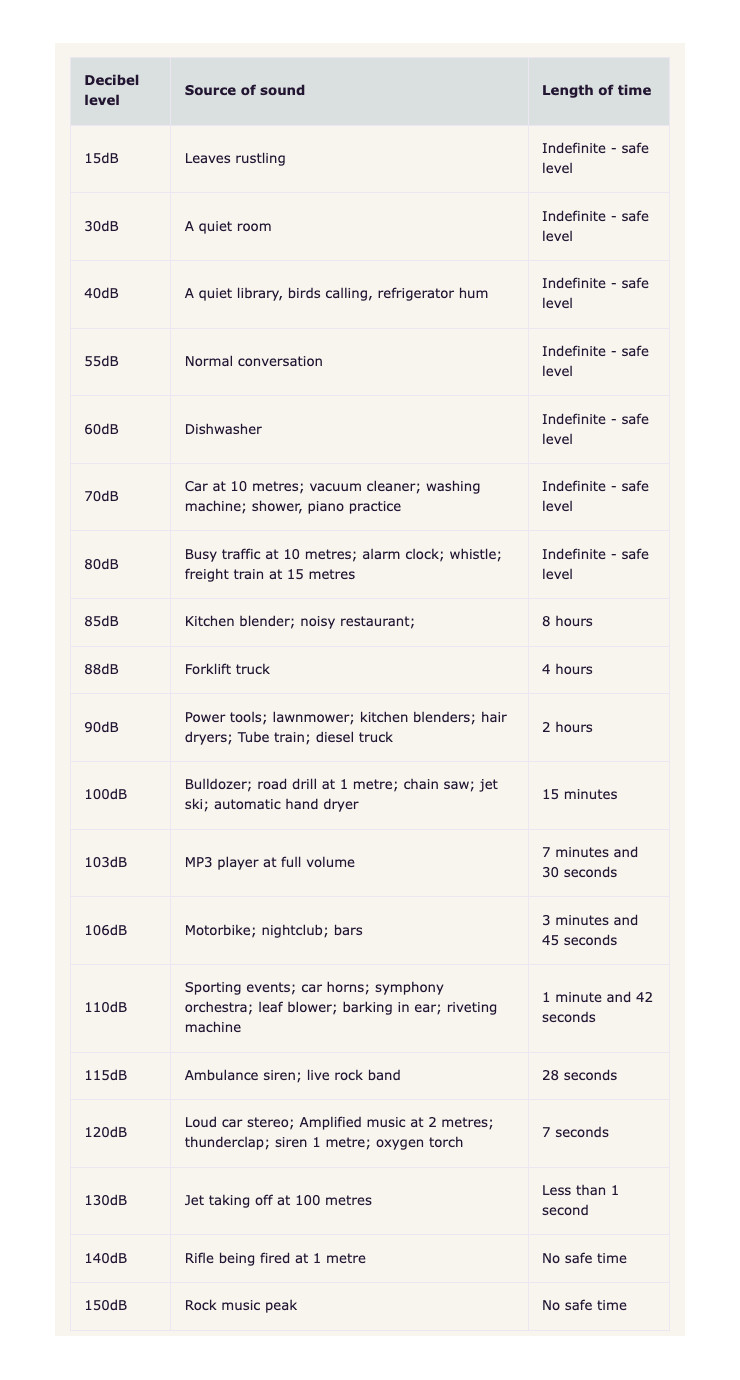
As you can see, a live rock band comes in at around 115dB, which is about as loud as standing next to an ambulance siren. Nowhere near as loud as Dave Grohl and Foo Fighters, who reportedly played so loud they registered earthquake-level vibrations, in Auckland, New Zealand back in 2011!
A sound at this volume should only be tolerated for 28 seconds, so that’s why we always recommend a good set of earplugs. No one wants to go to a concert for only half a minute – well, maybe it was Cliff Richard…
The latest news, features and interviews direct to your inbox, from the global home of alternative music.
If you need some advice surrounding plugs, be sure to check out our guide to the best earplugs for concerts, where we have sets for all budgets which have been tested by music fans and musicians.
What happens if you don’t look after your ears?
The most common complaint among gig-goers and musicians is tinnitus, a condition characterised by the perception of noise or ringing in the ears when no external sound is present. This condition can be very difficult to live with, especially at night or in quiet situations.
I have tinnitus in my left ear, caused by an enthusiastic drummer and his piercing use of a China cymbal. There's no cure for the condition; once you have it, you have it for life. Fortunately, you can stop it from getting worse.
I never attend a gig without my custom-moulded earplugs, and I even wear them in loud bars and clubs. My tinnitus may be fairly mild compared to many of my friends and colleagues, but it was a wake-up call for me to take my hearing seriously. So if you’re a regular gig-goer, I advise you get a set of earplugs and look after your hearing.
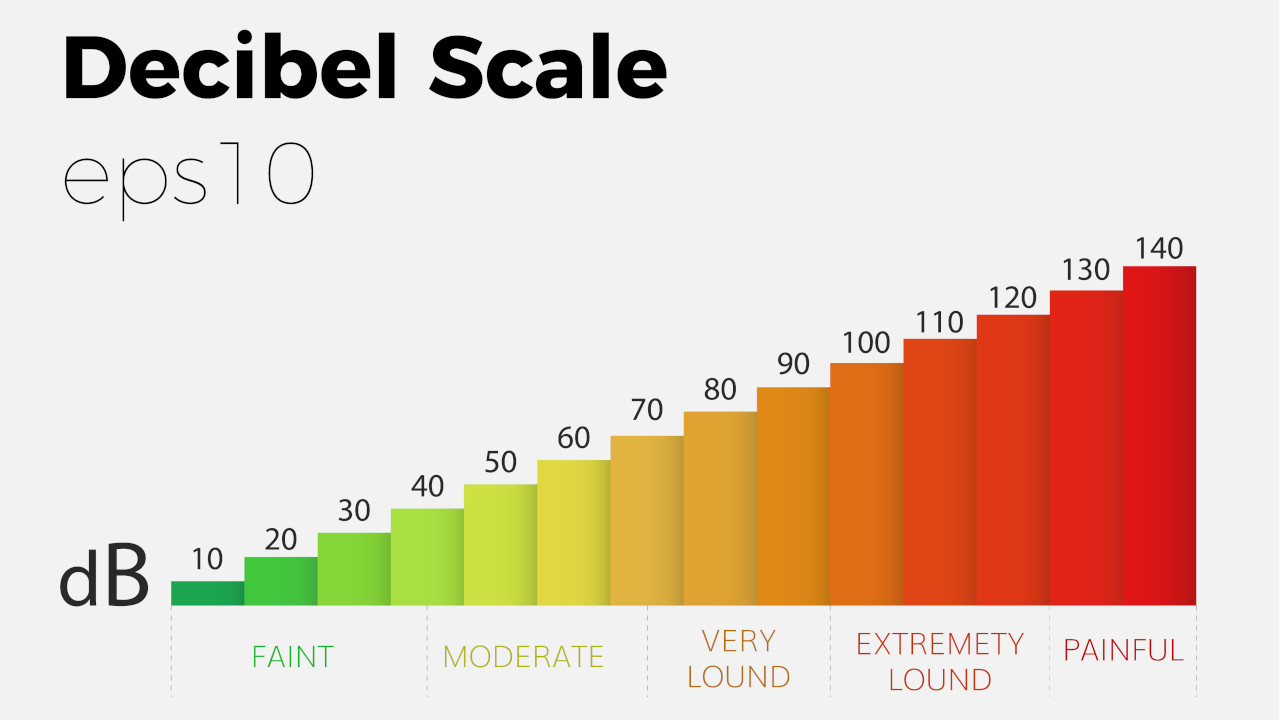
How can I reduce the chances of getting tinnitus?
While there's no cure for tinnitus, there are steps you can take to minimise the risk and keep your hearing health in check. I've already mentioned the importance of wearing earplugs in a live music setting, but what else can you do to minimise the chances of getting tinnitus?
The American Tinnitus Association has published several tips of preventing noise-induced tinnitus:
- Limit noise exposure
- Keep the volume down on your headphones or earbuds
- Download a decibel reader app to measure sound levels
- Use hearing protection in noisy environments
- Take noise breaks
- Have a balanced diet
- Have your hearing checked regularly by an audiologist
I'll give the final word to Metal Hammer editor Eleanor Goodman, who's suffered from tinnitus since she was 16 years old.
Eleanor says: "Ultimately, the best way to protect yourself from tinnitus is by wearing earplugs. For those of us who have it (hello Lars Ulrich, Myles Kennedy, Brian Johnson and all the rest), I’m hopeful that research will lead to new ways of tackling it – and maybe even a cure."
Related content
- How to keep your earplugs clean so you can use them time after time
- 5 things to consider when investing in a pair of earplugs
- How often should you replace your earplugs?
- Living with tinnitus: "We all love music – why would we want to lose that?"
- 10 bad habits every gig-goer makes: How many are you guilty of?
- 5 reasons why it's time to start wearing earplugs at gigs
Daryl's a Senior Deals Writer on Louder's sister sites MusicRadar, Guitar World and Guitar Player. He has a passion for anything that makes a sound, in particular guitars, pianos and recording equipment. In a previous life, he worked in music retail, giving advice on all aspects of music creation, selling everything from digital pianos to electric guitars, and entire PA systems to ukuleles. He's also a fully qualified sound engineer with experience working in various venues in Scotland.
